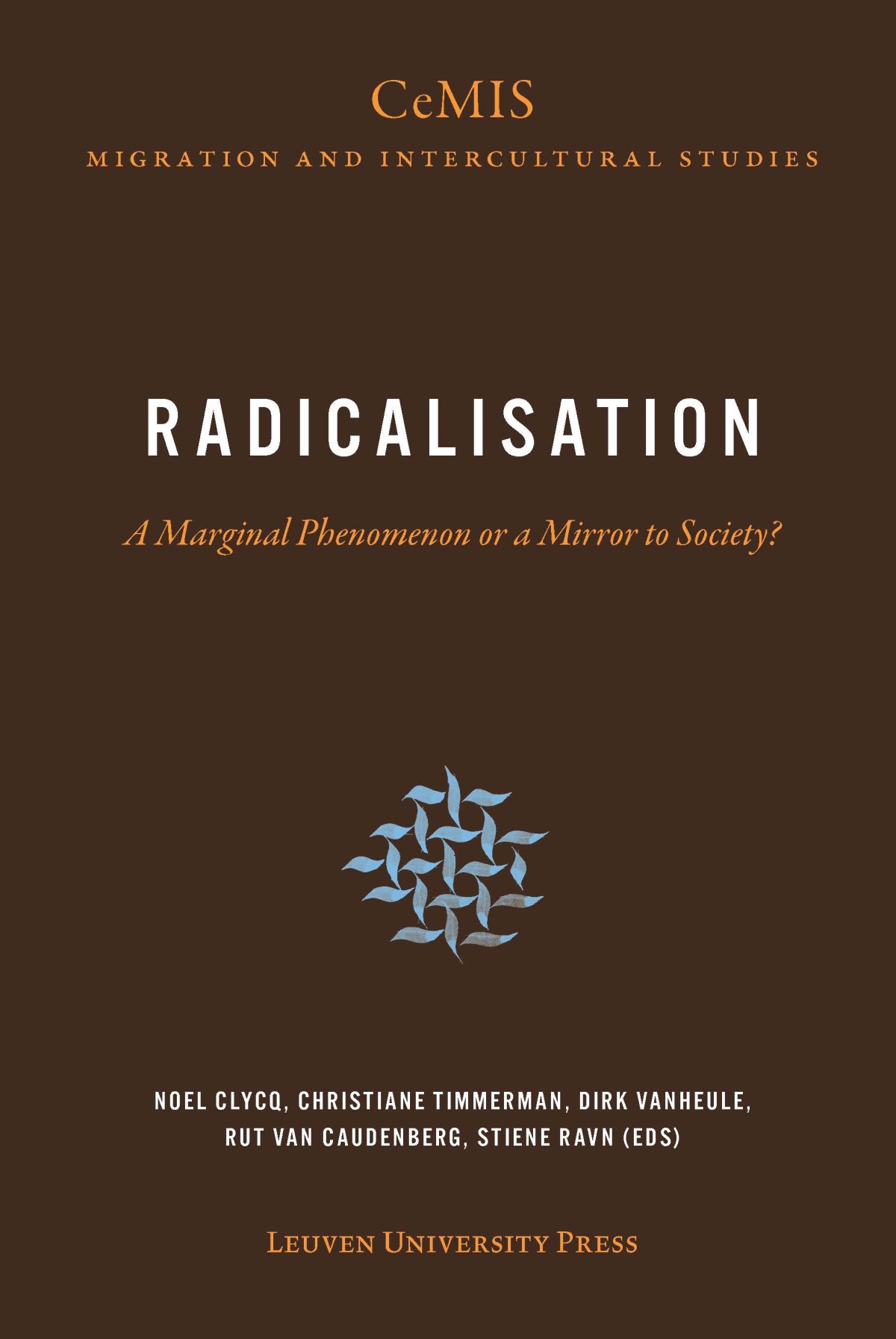
|
radicalisation
noel clycq, christiane timmerman, dirk vanheule, rut van caudenberg, stiene ravn
Vital insights into the complex nature of the concept of radicalisation
Radicalisation is a topical and a much-discussed concept in current European societies. Its use in policy and societal discourses, such as media coverage and educational contexts, is very sensitive. This thought-provoking collection of essays critically addresses the topic of radicalisation from different angles, combining discipline-specific insights from the fields of sociology, philosophy, history, religious studies, and media studies, with new empirical data.
The authors step away from readily available explanations and rethink the notion of ‘the radical’. Rather than merely focusing on individuals or ideologies, they advocate for a contextual perspective that allows to consider the complex interaction between individuals, groups, and institutions, both at a national and international level. Radicalisation: A Marginal Phenomenon, or a Mirror to Society? provides the reader not only with much-needed knowledge of the complex nature of the concept of radicalisation, but also offers insights into the various ways radicalisation processes can be triggered, prevented, or addressed.
This publication is GPRC-labeled (Guaranteed Peer Review Content).
Contributors
Contributors: Rik Coolsaet (Ghent University), Stiene Ravn (University of Antwerp), Tom Sauer (University of Antwerp), Jessika Soors (KU Leuven), François Levrau (University of Antwerp), Janiv Stamberger (University of Antwerp), Ward Nouwen (University of Antwerp), Rut Van Caudenberg (University of Antwerp), Noel Clycq (University of Antwerp), Thomas Frissen (KU Leuven), Kevin Smets (Vrije Universiteit Brussel / University of Antwerp), Leen d’Haenens (KU Leuven), Kristof Verfaillie (Vrije Universiteit Brussel), Sofie De Kimpe (Vrije Universiteit Brussel), Marc Cools (Vrije Universiteit Brussel), Karel Van Nieuwenhuyse (KU Leuven)
Radicalisation is a topical and a much-discussed concept in current European societies. Its use in policy and societal discourses, such as media coverage and educational contexts, is very sensitive. This thought-provoking collection of essays critically addresses the topic of radicalisation from different angles, combining discipline-specific insights from the fields of sociology, philosophy, history, religious studies, and media studies, with new empirical data.
The authors step away from readily available explanations and rethink the notion of ‘the radical’. Rather than merely focusing on individuals or ideologies, they advocate for a contextual perspective that allows to consider the complex interaction between individuals, groups, and institutions, both at a national and international level. Radicalisation: A Marginal Phenomenon, or a Mirror to Society? provides the reader not only with much-needed knowledge of the complex nature of the concept of radicalisation, but also offers insights into the various ways radicalisation processes can be triggered, prevented, or addressed.
Vital insights into the complex nature of the concept of radicalisation |